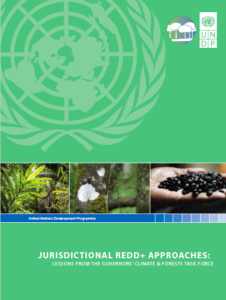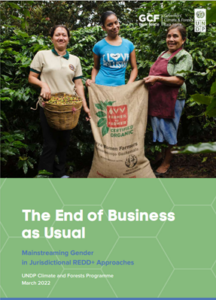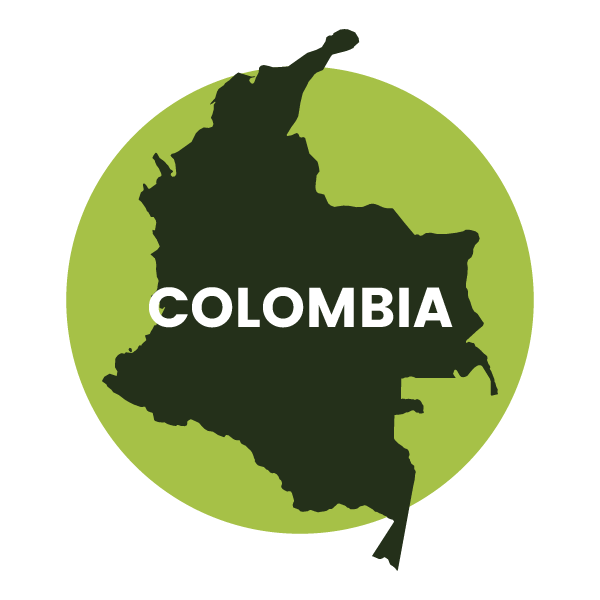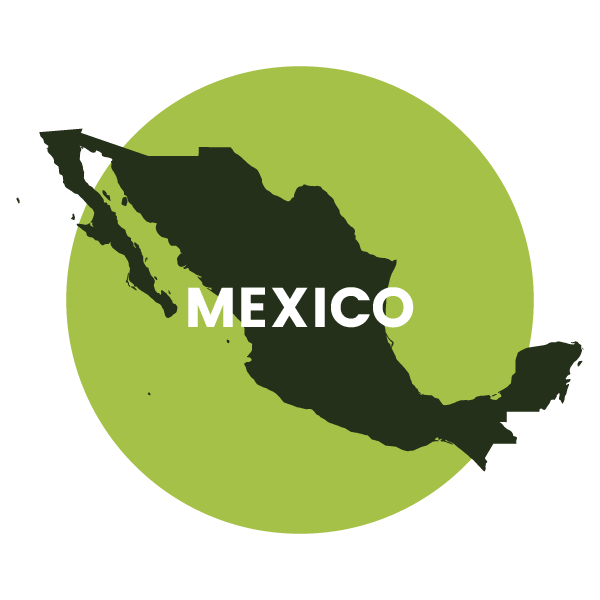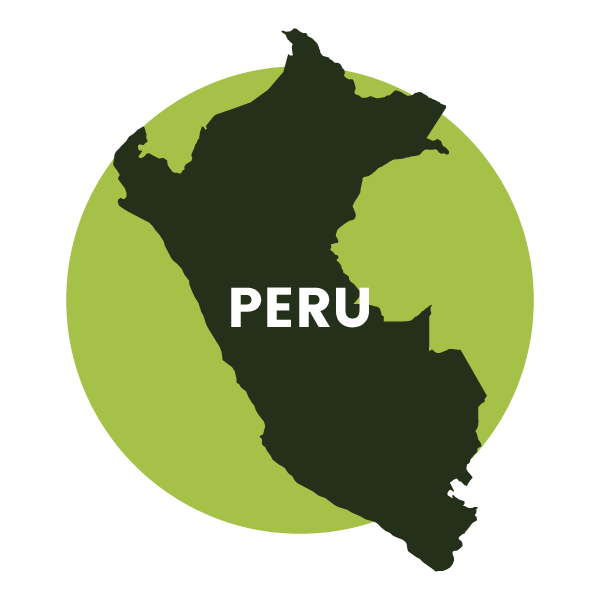Jurisdictional Strategies & Investment Plans
Supporting the 45 tropical forest GCF Task Force member states and provinces to develop robust jurisdictional strategies for REDD+ and low-emissions development and the sound investment plans that will help to bring these strategies to life.
15 Years Advancing Climate Action
This report delves into the pressing challenges faced by our tropical member jurisdictions and how you can work with and invest in specific GCF Task Force member jurisdictions. Economic incentives tied to agriculture, logging, and resource extraction persistently drive deforestation, revealing a disconcerting 10% increase in the loss of primary rainforest in 2022 compared to the previous year, significantly contributing to greenhouse gas emissions. Central to addressing these challenges is the GCF Task Force, a global network of 43 subnational governments across 11 countries. This report highlights the GCF Task Force’s impactful role in facilitating political leadership, building capacity, mobilizing financial resources, and championing the rights of Indigenous Peoples and Local Communities. Advocating for sustained financial support, the report emphasizes the necessity of transitioning from extractive to sustainable economies by building an economic model that relies on standing forests. Our approach, detailed in the report, fosters integrated collaboration to achieve positive impacts in member states, provinces, and their communities.
Download the report (PDF) here.
Norway’s Pledge to the GCF Task Force
At the 2015 GCF Task Force Annual Meeting in Barcelona, Spain, the Norwegian Government pledged NOK 200 million (approximately USD 24 million) to support our tropical forest states and provinces in their plans to implement the Rio Branco Declaration by reducing tropical deforestation and promoting low-emissions development. This funding was channeled directly to our members in two ways. All tropical forest members of the GCF Task Force joined with key civil society partners in their state or province to develop targeted jurisdictional strategies and investment plans for REDD+ and low-emissions development (Window A). We are also supporting a select group of bold, innovative approaches to address the drivers of deforestation at scale in key member states and provinces (Window B).
- Window A: Jurisdictional Strategies & Investment Plans
- Window B: Innovation Funding
Window A Concept Note
Download the Pledge Framework (PDF)
Rio Branco Declaration
Deep in the heart of the Brazilian Amazon, in Rio Branco, Acre, GCF Task Force Governors adopted a landmark commitment in 2014, called the Rio Branco Declaration. This declaration signaled to the world that the leaders of some of the most important tropical forest states and provinces in the world are ready to do more than their fair share in the effort to fight climate change, protect forests, and enhance livelihood opportunities for the people in these places. The Rio Branco Declaration commits its signatories to reducing deforestation in their states and provinces by 80 percent by 2020—pending sufficient, long-term financial support. It pledges to provide to Indigenous Peoples and local or traditional communities a “substantial share” of any pay-for-performance funds states and provinces receive as a result of their efforts to reduce deforestation. It calls upon supply chain actors and Indigenous Peoples’ organizations to partner with states and provinces to build strong, jurisdictional programs for low-emissions development that are durable and equitable, and that align with national policies and programs. All tropical forest members of the GCF Task Force have signed the Rio Branco Declaration.
Download the Rio Branco Declaration (PDF)
Through Window A funding, GCF Task Force members worked to:
Develop new juridictional strategies and investment plans
Refine existing jurisdictional strategies and investment plans
Develop targeted approaches to advance these strategies and attract the financial support that is critical for reducing deforestation and promoting low-emissions development
The United Nations Development Programme (UNDP) administers and manages the Jurisdictional Strategies and Investment Plans (Window A) and Innovation Funding (Window B) through their Climate and Forests Team in Geneva, in close collaboration with the GCF Task Force Secretariat, Regional Coordinators, and civil society partners in each member state or province.


